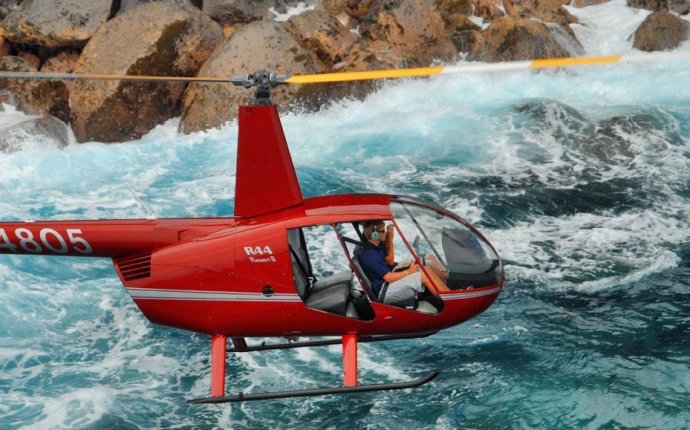
Cost of becoming a helicopter pilot
A lot of people ask me, "How can I become a helicopter pilot" I have answered most of them in the same way over and over again. I just figured I should post some general information to help people decide if that is what they really want to do. There are a lot of things to consider before you make a career decision like that, and there is a lot of things you need to know first. Please take the time to read this before you e-mail and ask questions. I am pretty sure your answer is already here somewhere.
1. How do I get started?
Well, you have to decide first how important it is to you. Do you want a lifestyle where you will be "On the road" all of the time? Piloting usually means having to travel a lot. Helicopters however, typically have about a 2-hour fuel load, and they generally fly 100 to 120 Knots indicated airspeed. So, unless you refuel a lot, you probably will never be too far from your home base. That is not always the case, but it is a general rule. So, you may ask, why I am concerned with being "on the road"? First, if you break down somewhere or get weathered in, you have to stay away from home. That does not happen too often, but it does happen. Mission requirements may call for you to go to a remote location, so that also means staying away from home. Most importantly however, is that helicopter jobs as a rule are not the most stable forms of employment. Many last 2 years on average. The next one may require you to pack up and move across the country with a real short notice. It is usually not a lifestyle conducive to owning a home and raising a family. Some pilots live in one area for a long time, doing Medevac, or working for a News Station. These jobs are very rare. Once someone gets into a position like that, they are most likely going to stay in it for as long as they can. You may have to wait until they die or retire before another position like that opens, especially in a place where you want to live.
2. How do flying jobs pay?
Usually, not really well. Civil helicopter operators have a very high overhead. Between the initial cost of a helicopter, maintenance, fuel, and you the pilot, the cost factors are really high. Since there are more qualified pilots than there are jobs, operators can afford to pay less to you to keep their costs down. The other costs are more fixed (Fuel may fluxuate in cost, but the need to buy so many gallons per hour is a fixed situation) and they can do little about them. Since there is more of a job shortage than a pilot shortage, a lot of pilots will work for less money so they can keep doing what they enjoy. If the operator can find someone who will work for less, they will hire them before hiring you. It is simply a matter of economics for the operator.
3. How much does it cost to learn to fly a helicopter?
I was priced $170 per hour here in Oklahoma for a non-turbine helicopter (Early 90's prices), just so I could get current (And it takes going up for at least 1 hour every 90 days to stay current). It may be cheaper elsewhere. I have to contrast that $170 per hour to $45 per hour in a fixed wing airplane. I can get almost 4 hours in an airplane for the price of 1 hour in a helicopter. When you start talking about 30 to 50 hours of training just to get your license, it really starts adding up. My best suggestion would be to learn to fly a fixed wing first. That way you learn how to make radio calls, navigate, and generally get an "Air Sense" at a much cheaper rate. Then transitioning to a helicopter will take a lot less of that costly time, and in the end, you will have two ratings.









